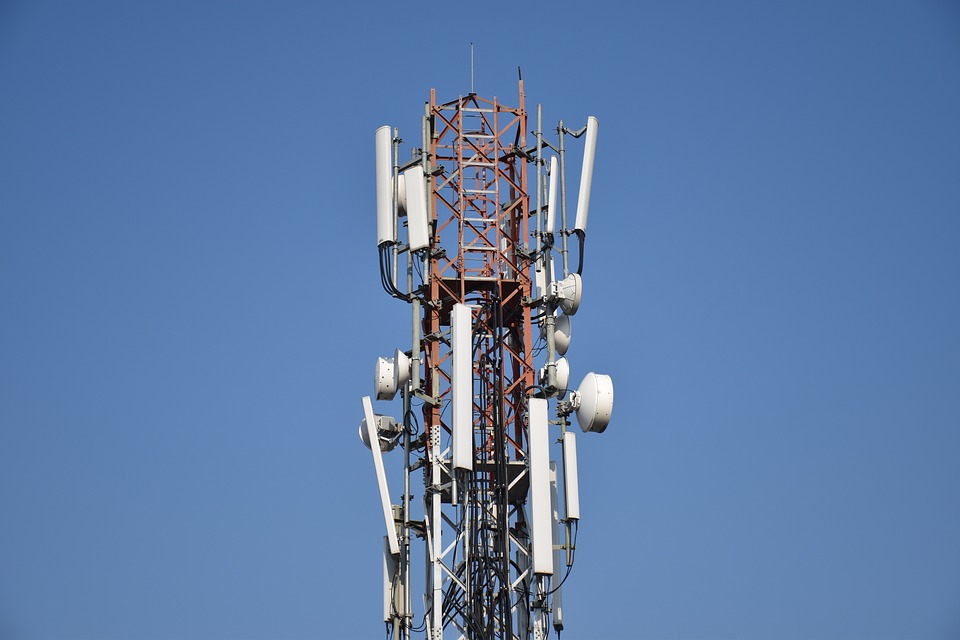By PAUL KENDALL, Daily Mail
Some of the world’s largest mobile phone companies are facing billion-pound lawsuits brought by brain tumour victims. The biggest ever legal assault on the industry will seek to prove that handsets can cause cancer and that firms have deliberately covered up crucial medical information.If the American action is successful, mobile phone companies will face crippling bills for compensation. As investors digested the news, the four major UK opera-tors – Vodafone, BT Cellnet, Orange and One 2 One – and their parent companies, saw £5.5 billion wiped off their share values.
Vodafone, in particular, was said to be a potential target because it owns 45pc of the firm Verizon Wireless, which is said to be named in nearly all the lawsuits. More than half of Britons now own a mobile phone. Medical evidence on the danger to people’s health remains ambiguous, with some studies indicating a connection and others ruling it out.
But claims for compensation – set to be launched in March – will be the most extensive examination yet of allegations that radiation from handsets cause cancer. The lawsuits are being brought by one of America’s most successful lawyers, Peter Angelos, who recently helped to win £3billion in damages for smokers who suffer from cancer.
John Pica, an attorney at Mr Angelos’s firm, said: ‘If these companies knew about the dangers of cell phone radiation, they should be punished and they should be punished dearly – not only for what they did to the public, but for the billions of pounds of profits they made.’
The lawsuits – to be launched initially in California, Kentucky and Maryland – will be filed against handset manufacturers and network providers. Experts believe the cases could prompt copycat claims in Britain and the rest of the world.
Telecoms consultant Nick Croll said: ‘As long as mobile phone companies are not holding any vital information back, then they are in the clear. ‘But if these suits are successful, it would put them out of business.
‘The implications would be horrendous because it would mean that users have been subjecting themselves to cancerous signals for the past ten to 15 years.’ In each of the actions, Mr Angelos intends to claim compensation for the pain suffered by brain tumour patients, plus the income they lost as a result of the disease. He is also seeking compensation for the families of mobile phone users who have died from brain tumours.
Mr Angelos’s firm has not put a total figure on the value of the compensation claims. The official Stewart Report into the safety of mobile phones in the UK, published earlier this year, concluded there was no evidence of harm to people’s health. But it also called for more research.
A Vodafone spokesman said that if any compensation claims were filed directly against the company itself, they would be ‘vigorously’ opposed.
Source: http://www.dailymail.co.uk/health/article-11519/Mobile-firms-face-lawsuits.html

